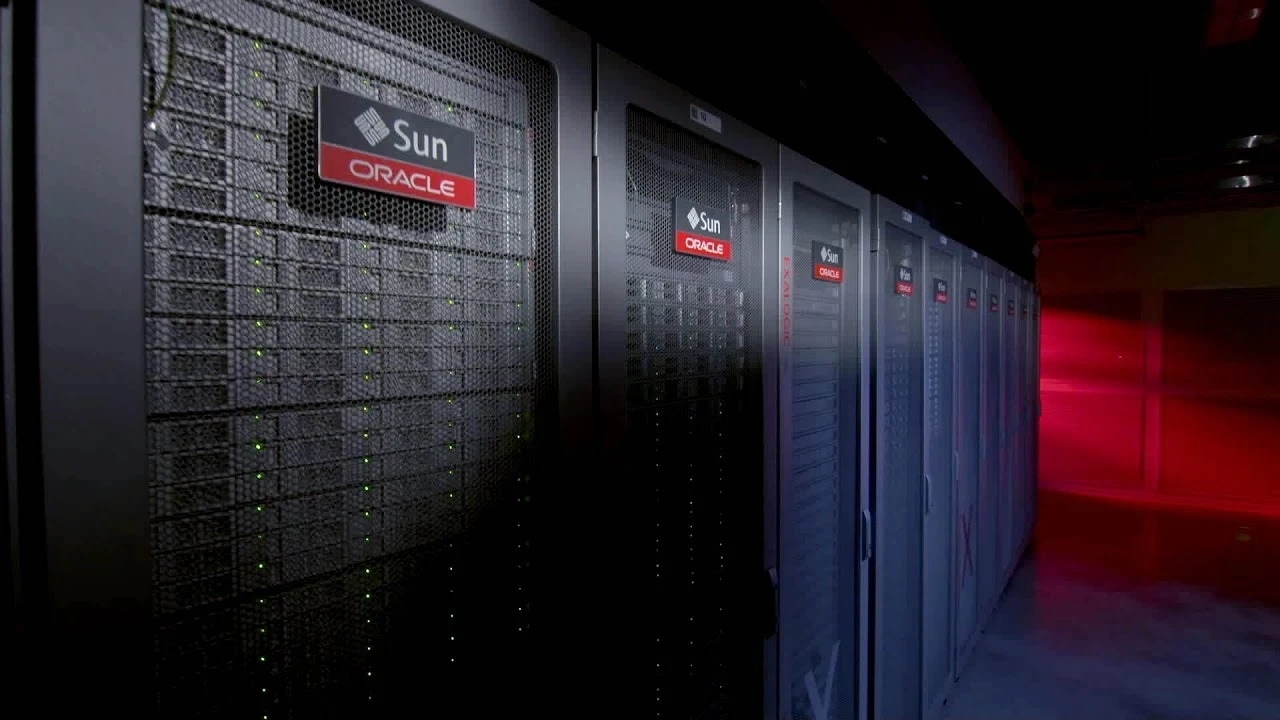This course is designed to teach the students how to prevent SQL performance problems and how to improve the performance of existing SQL.
Hedefler:
Understand and design better indexes
Determine how to work with the optimizer (avoid pitfalls, provide guidence)
Optimize multi-table access
Work with subqueries
Avoid locking problems
Use accounting traces and other tools to locate performance problems in existing SQL
Topics:
Introduction to SQL performance and tuning
Performance issues• Simple example
Visualizing the problem
SummaryPerformance analysis tools
Components of response time
Time estimates with VQUBE3
SQL EXPLAIN
The accounting trace
The bubble chart
Performance thresholdsIndex basics
Indexes• Index structure
Estimating index I/Os
Clustering index
Index page splitsAccess paths
Classification
Matching versus Screening
Variations
Hash access
Prefetch
CaveatMore on indexes
Include index
Index on expression
Random index
Partitioned and partitioning, NPSI and DPSI
Page range screening
Features and limitationsTuning methodology and index cost
Methodology
Index cost: Disk space
Index cost: Maintenance
Utilities and indexes
Modifying and creating indexes
Avoiding sortsIndex design
Approach
Designing indexesAdvanced access paths
Prefetch
List prefetch
Multiple index access
Runtime adaptive indexMultiple table access
Join methods
Join types
Designing indexes for joins
Predicting table orderSubqueries
Correlated subqueries
Non-correlated subqueries
ORDER BY and FETCH FIRST with subqueries
Global query optimization
Virtual tables
Explain for subqueriesSet operations (optional)
UNION, EXCEPT, and INTERSECT
Rules
More about the set operators
UNION ALL performance improvementsTable design (optional)
Number of tables
Clustering sequence
Denormalization
Materialized query tables (MQTs)
Temporal tables
Archive enabled tablesWorking with the optimizer
Indexable versus non-indexable predicates
Boolean versus non-Boolean predicates
Stage 1 versus stage 2
Filter factors
Helping the optimizer
PaginationLocking issues
The ACID test
Reasons for serialization
Serialization mechanisms
Transaction locking
Lock promotion, escalation, and avoidanceMore locking issues (optional)
Skip locked data
Currently committed data
Optimistic locking
Hot spots
Application design
Analyzing lock waitsMassive batch (optional)
Batch performance issues
Buffer pool operations
Improving performance
Benefit analysis
Massive deletes





















